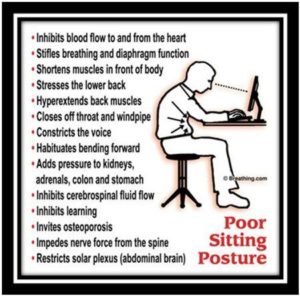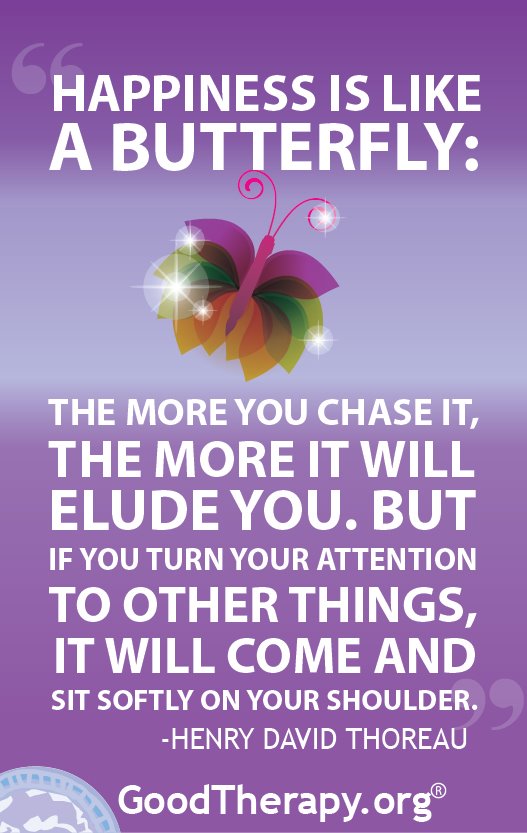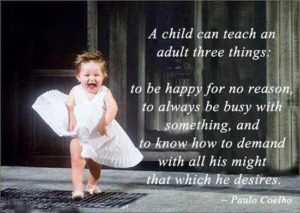
Extended periods of sitting causes major health problems, from increased risk of obesity and diabetes to cardiovascular disease and cancer.
http://positivemed.com/2012/09/14/sitting-is-killing-you/
Teach Kids A Musical Instrument Early
“If you get a kid who is maybe 3 or 4 years old and you’re teaching them to attend, they’re not only working on their auditory skills but also working on their attention skills and their memory skills which can translate into scholastic learning, she said.
One of the comments: My son was diagnosed in 2nd grade with Auditory Processing disorder. In a room with background noise he would process 99 out of 100 words wrong. In the 6th grade after years of tutors, he was almost 3 grade levels behind. He started musical training. By the 9th grade he was at grade level academically. He was able to stop individual tutoring. He wasn’t a honor student but he was at grade level. Able to read and math scores were above grade level. He now is at college studying audio engineering. Editing, Mixing, live sound. His music training and ability to determine pitch is helpful in this field but more importantly he has auditory processing developement for academics. In a classroom environment he doesn’t incorrectly process 99% of the lectures. If you have a child with a learning disability, music training either instrument or vocal will help. Year by year the resources for Music from the school district continue to lessen. School districts need to acknowledge the numerous studies that show many benefits from musical training. If a student is an achiever with a musical background studies prove their SAT scores are higher. If a student has learning dissabilities, musical training will provide comprehension and processing skills. Now a study that shows a direct conection between auditory processing and music needs to be taken to the next level. How does it help children with auditory or visual processing learning disorders.
Another: Damn, that Socrates really got it, didn’t he? Recall that The Republic describes the optimal education to produce philosopher-kings: the initial education should focus upon the physical (we now know that helps develop three-dimensional reasoning), ‘secondary’ education should focus upon music and finally, the focus should be upon philosophy. Makes sense to me: you ain’t gonna be much of a philosopher-king if you can’t listen well.
http://well.blogs.nytimes.com/2012/09/10/early-music-lessons-have-longtime-benefits/?smid=fb-share
Alkaline Foods
The Worst Yet to Come? Why Nuclear Experts Are Calling Fukushima a Ticking Time-Bomb
Nuclear waste experts say the Japanese are literally playing with fire in the way nuclear spent fuel continues to be stored onsite, especially in reactor 4, which contains the most irradiated fuel — 10 times the deadly cesium-137 released during the 1986 Chernobyl nuclear accident. These experts also charge that the NRC is letting this threat fester because acknowledging it would call into question safety at dozens of identically designed nuclear power plants around the U.S., which contain exceedingly higher volumes of spent fuel in similar elevated pools outside of reinforced containment.
Gundersen, who is chief engineer at the consulting firm Fairewinds Associates, added that the spent fuel pool at unit 4 “remains the single biggest concern since about the second week of the accident. It can still create ‘Chernobyl on steroids.'”
http://truth-out.org/news/item/8972-the-worst-yet-to-come?-why-nuclear-experts-are-calling-fukushima-a-ticking-time-bomb
Why have Antipsychotic Prescriptions in Children Skyrocketed?
In each of these cases, the drug manufacturers were targeting children, despite the fact that none of the drugs in question were approved for use in that age group. To understand how effective these illegal marketing schemes are, consider that sales of antipsychotic drugs to children have increased eight-fold since 1993. Sales to teens have quintupled, while adult sales doubled in the same time frame. In 2008 alone, an estimated $6 billion was spent on off-label antipsychotics in the US, of which $5.4 billion was for uses based on uncertain evidence!
http://articles.mercola.com/sites/articles/archive/2012/08/30/antipsychotic-drugs-in-children.aspx
Market – What is Organic?
Jim Riddle is the Organic Outreach Coordinator for UMN – Southwest Research and Outreach Center. He met with Market host Jill Jones to answer the question: “What does it mean when produce and meat products are labeled organic?”
http://www.youtube.com/watch?v=BQskVbWGT2c
Top 12 Anti-Asthma Foods
Happiness Is Like A Butterfly

Vaccines — Kill or Cure?

As the controversial debate over mandatory vaccine policy heats up igniting passions, it is perhaps appropriate we summarize what is known about the manifest benefits of modern vaccines, not forgetting the tremendously salutary impact on health and longevity wrought about by better living conditions, hygiene and sanitation, in general, and the introduction and subsequent widespread use of antibiotics, in particular.
http://www.aapsonline.org/jpands/hacienda/article36.html



